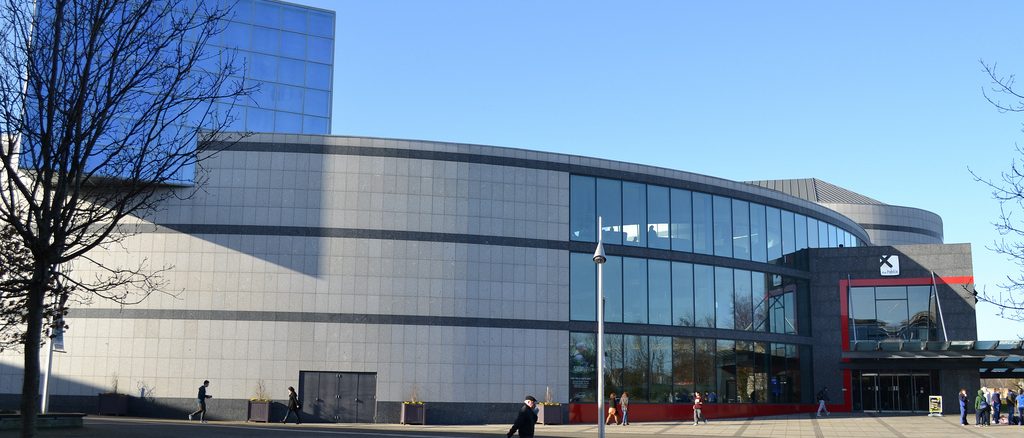
A performance of Swan Lake by the Royal Moscow Ballet was cancelled last week in response to the Russian Federation’s invasion of Ukraine.
On February 25th, The Royal Moscow Ballet were set to perform Swan Lake at The Helix. The Helix chose to cancel the production and refund ticket purchases in solidarity with Ukraine.
In their press statement, The Helix stated that it is critical that Dublin City University and all civilised countries express their solidarity with people of the Ukraine as a result of the “truly shocking events unfolding in the Ukraine”.
They wished to “send an unambiguous message to the Russian Government that their deplorable actions have consequences that will have impact across political, economic, sporting and cultural spheres at all levels.”
DCU president, Daire Keogh made DCU the first Irish university to release a statement on the invasion on the 24th February. He stated that DCU condemns “the unjustifiable aggression” and offered solidarity to the Ukrainian people.
Speaking to The College View Keogh said, “I have been very moved by the response of staff, and have received a number of messages from colleagues offering to host refugees,”
Together with the European University Network, DCU is pushing for the creation of dedicated EU schemes to support scholars and students.
“Such measures would facilitate a national approach, and enable Irish universities to welcome displaced students and staff through programmes such as the Universities of Sanctuary and Scholars at Risk,” said Keogh.
On Monday March 7th, DCU and the Students Union will launch an emergency appeal to raise funds for Ukraine. However, in the meantime, Keogh has suggested to send funds to trusted agencies like the Red Cross.
“DCU is immensely proud of the contribution of colleagues who are playing a vital part in the cause of freedom, by leading the debate on Ukraine, at both national and international level, especially Dr Tanya Lokot and Prof Donnacha Ó Beacháin,” Keogh concluded.
The Russian invasion began on February 24th, it is ongoing and escalating rapidly. On March 2nd, Russia’s ministry for defence reported that 498 Russian troops have been killed in the Ukraine while 1,597 have been wounded.
Russian leader, Vladimir Putin justified Russia’s invasion of Ukraine under accusations that the Ukranian government had committed genocide against Russian speakers in the Donbas region in south-eastern Ukraine. This accusation has been rejected by the Ukraine, the U.S, the E.U and many other European countries.
The ministry further claimed that approximately 2,870 Ukrainian soldiers have been killed and a further 3,700 have been wounded.
Kathleen Keane
Image Credit: The Helix
